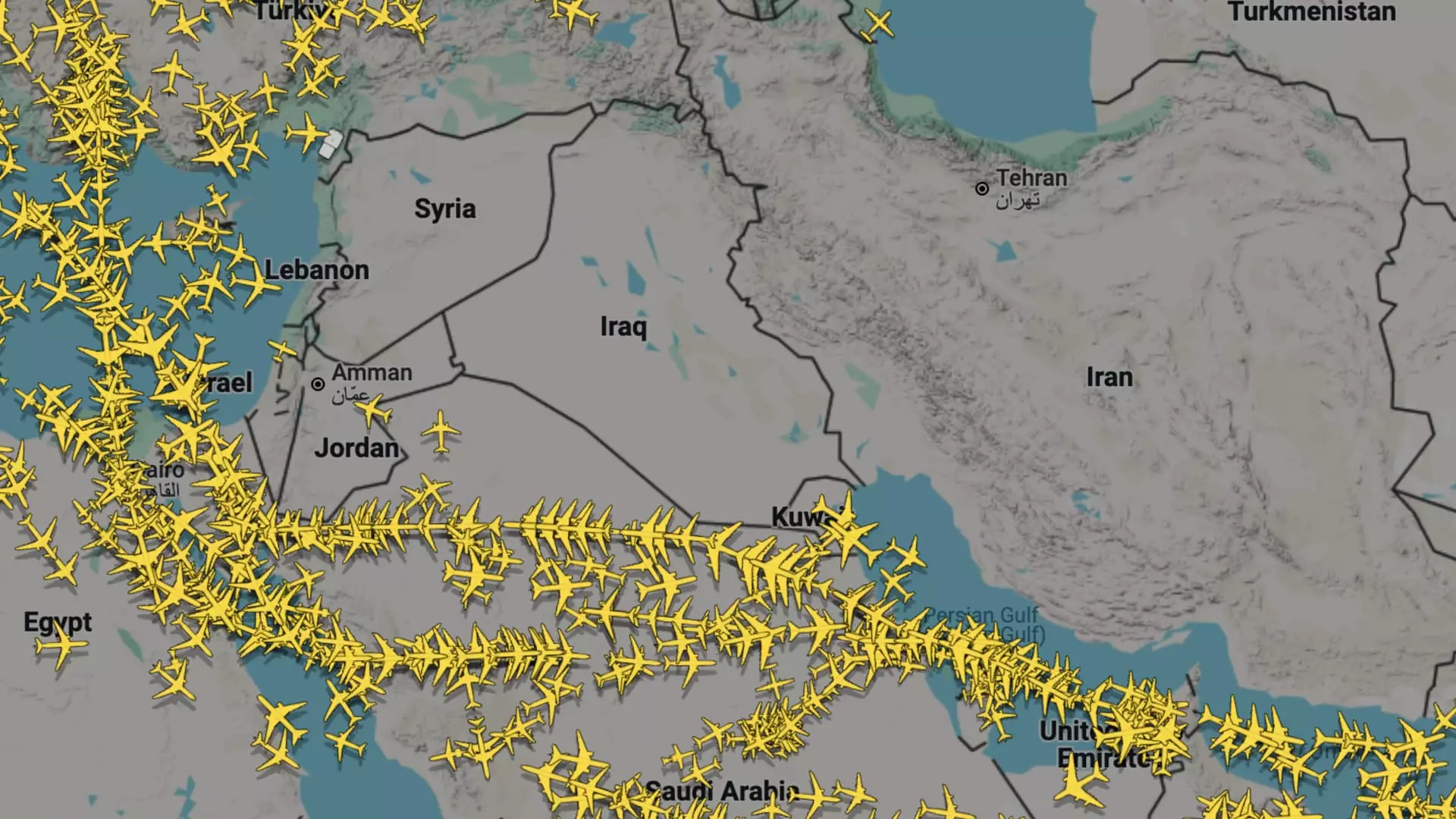In an alarming response to the escalating conflicts in the Middle East, a wave of flight cancellations and airspace restrictions has unfolded. Recent missile strikes by Israel on Iranian targets have triggered a ripple effect, leading major airlines, including Delta and United, to cancel their services to Israel. These decisions signal a rapid deterioration of the security landscape, highlighting the precariousness of geopolitical tensions that can ground travelers and disrupt air travel on a massive scale.
This immediate backlash from the airline industry is not merely a precaution; it reflects a tangible acknowledgment of the growing instability in a region already rife with conflict. The safety of passengers and crew takes precedence, yet the implications stretch far beyond the flick of a switch. Costly flight diversion and rescheduling reflect a deeper crisis that impacts the tourist economy and international relations.
Impact on Travelers and Airlines Alike
The impact on travelers is profound and immediate. El Al, Israel’s national carrier, has suspended all flights indefinitely, leaving many stranded and unable to return home. Their cautionary measures, including warnings against traveling to Ben Gurion Airport, add layers of uncertainty. Imagine planning a trip to Israel, only for the fundamental fabric of your travel plans to unravel overnight due to geopolitical strife.
As airlines scramble to adapt, they are not only dealing with logistical nightmares but also the financial repercussions. With travel vouchers and waived fees being offered, the airlines attempt to mitigate the dissatisfaction of travelers; however, this ultimately stretches their already thin margins. The airline industry is notoriously vulnerable to external shocks, and this scenario reveals the fragility of global air travel in the face of military disputes.
The Broader Implications of Militarization
The broader implications of these developments cannot be overstated. As airlines skirmish around conflict zones, we witness the normalization of militarization spilling over into civilian life. The decision to divert flights is a reminder that air travel, once a symbol of globalization and connectivity, is increasingly viewed through the lens of national security.
Conflict and air travel should not be intertwined; however, as we see airlines take evasive action, it’s clear that military actions in the global theater have become a central force shaping the airline industry. The moral question emerges: How far will countries prioritize military objectives when everyday lives are impacted? This poses a delicate challenge for liberal democracies that espouse freedom and openness while grappling with their own security needs.
Ultimately, the spiraling circumstances around air travel to Israel highlight a larger narrative—one where the fragility of peace and security becomes an obstacle to our interconnected world. The urgent need for diplomacy and conflict resolution is painfully apparent as commercial airlines find themselves in the crosshairs of political tensions, leaving a trail of uncertain futures for travelers worldwide.

Leave a Reply